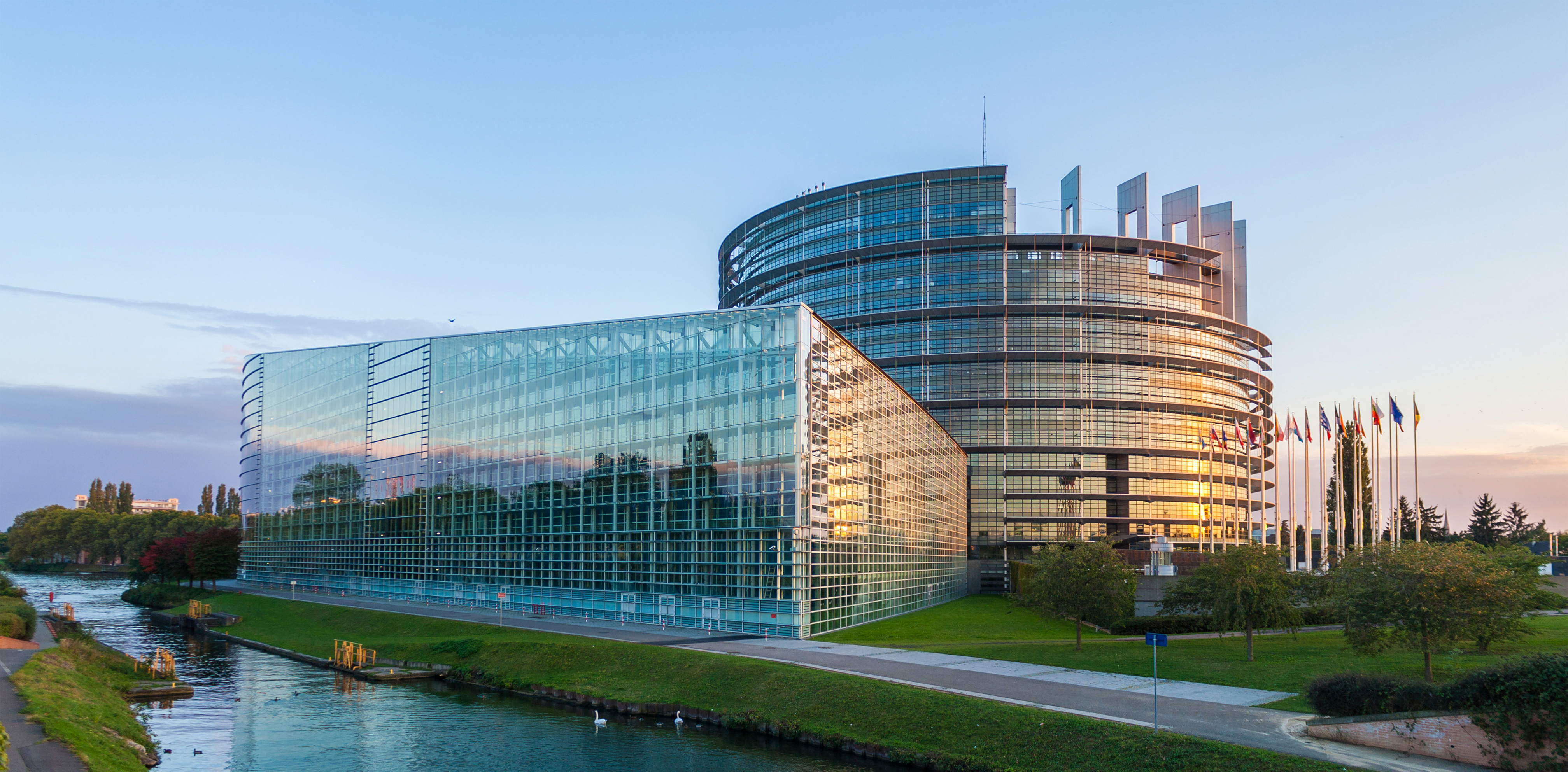Brussels, 26th March 2021
European Parliament takes up ECSWE proposals

The Parliament resolution of 25 March 2021 calls for more research into the impact of digital technology on education and child development.
On 25th March 2021, the European Parliament adopted its Resolution on Shaping digital education policy. As a stakeholder organisation representing Steiner Waldorf schools in Europe, ECSWE actively participated in the drafting stage of this report and provided MEPs with concrete suggestions for amendments.
Following the votes of yesterday, we are delighted to report that several of our ideas are now reflected in the final text. It might therefore become an important resource for our member associations when negotiating with national or regional governments on digital education policies. Some of the key demands towards policy makers can be summarised as follows:
Invest in research on the impact of digitalisation
MEPs highlight the need “to invest more in interdisciplinary research to assess the long-term impacts of digitalisation on learning” and the “various impacts of digital technologies on the education and development of children”. From our perspective, any ambitious digitisation agenda should be based on solid evidence of both, a positive impact on the intended learning outcomes, and the absence of problematic and unintended side-effects.
Promote a development-oriented approach
MEPs further insist on introducing digital technologies “in a learner-focused, age- appropriate and development-oriented way” and highlight the importance of “mastering basic transversal skills” as a “fundamental prerequisite for the acquisition of digital skills and competences.” This links well with the holistic approach to ICT and media education promoted in Waldorf schools and needs to be followed up with concrete action at the national level. Our members are open to further discuss our tried and tested approach with policy makers and to showcase how our schools implement it by means of a development-oriented ICT and media curriculum.
Give pedagogical freedom and autonomy to teachers
Parliament furthermore highlights the need to give teachers the “freedom to choose the best combination of teaching methods” and empowering them “through sufficient flexibility and autonomy.” The direct “teacher-student interaction” during “in-person learning” is furthermore highlighted as “crucial to the well-being and development of students”. From a Waldorf perspective, pedagogical freedom and a personal relationship with students are key enabling factors of quality education. Our member associations at the national level are open to discuss with policy makers how to best implement this within the given national framework.
Remaining challenges and the way forward
Even though the scope of the resolution was broadened and has become more balanced with the focus on age-appropriate media education, its ambitious and systemic digitisation agenda remains in place. The most visible evidence of this dynamic are Parliament’s support for the new benchmark for measuring the digital competence of 8th graders and its call for a variety of monitoring tools and accountability measures at national level.
We will therefore continue to critically monitor the implementation of the EU’s Digital Education Action Plan through its seven-year implementation phase, and continue to give our perspective on how it can be implemented in a development-oriented way, with respect for teacher’s autonomy and in the spirit of pedagogical freedom.
We therefore welcome the European Parliament’s call for the involvement of stakeholders “representing different approaches from inside and outside mainstream education” by means of the new European Digital Education Hubs. This involvement will be of critical importance to best reflect the needs of the independent school sector in this important debate.
A question? Please don’t hesitate to contact us!




